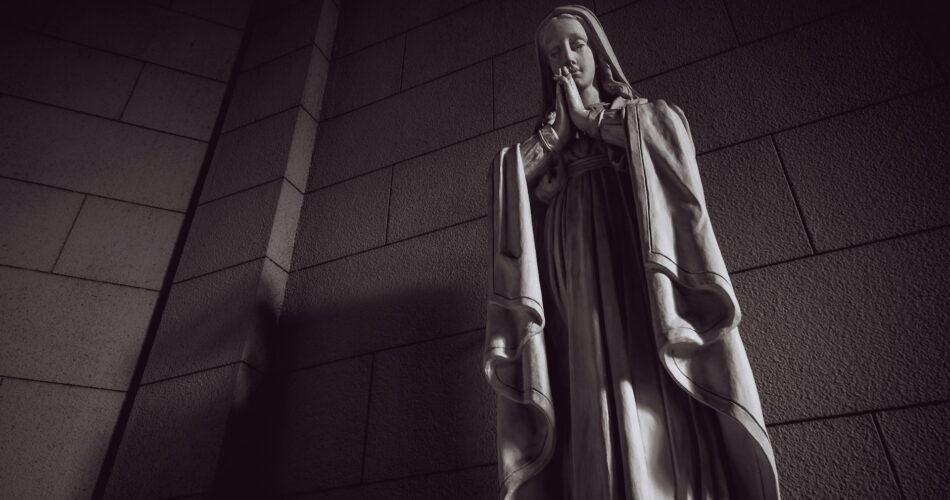Top Bishop Expelled As Church Faces Persecution
Nicaragua recently expelled Bishop Carlos Herrera, the head of the country’s Episcopal Conference, marking a significant development in the government’s ongoing crackdown on the Catholic Church. At 75 years old, the bishop was forced to seek refuge in neighboring Guatemala, a move that stunned local Catholic communities. This expulsion came in response to Herrera’s outspoken criticism of the government, especially regarding disruptions to his masses by individuals allegedly linked to government officials. His vocal opposition made him a target for the Nicaraguan authorities.
Under President Daniel Ortega’s leadership, the Nicaraguan government has increasingly targeted the Catholic Church since 2018, particularly after church leaders played a pivotal role during anti-government protests. Herrera was involved in efforts to negotiate the release of detainees arrested during the protests, positioning him in direct conflict with the regime. This growing hostility has led to the expulsion of several religious figures, such as Bishop Rolando Álvarez, and the confiscation of church assets, including the takeover of a Jesuit university in Managua.
The government’s crackdown has extended beyond the Catholic Church, affecting Protestant denominations as well. In August, many Protestant churches had their legal status revoked, including long-standing institutions with deep community ties. Over 1,500 nonprofit organizations, including religious groups, were stripped of their legal recognition, signaling a broader effort to suppress civil society. This is part of a larger strategy by the Ortega administration to weaken the influence of religious and independent organizations in the country.
Reports reveal that the government’s actions have been accompanied by increased surveillance and intimidation of religious groups, especially during worship services. Furthermore, properties linked to religious organizations have been seized and transferred to state control, with some churches and lands now repurposed for use by government entities such as the military and social security. These moves are part of a concerted effort to limit all forms of opposition, whether political, social, or religious.
Since Ortega secured a contentious fifth term in 2021, his government has escalated its repression of dissent, targeting political opponents, journalists, and activists. The crackdown on religious organizations and civil society reflects the increasingly authoritarian nature of Ortega’s regime in Nicaragua.
